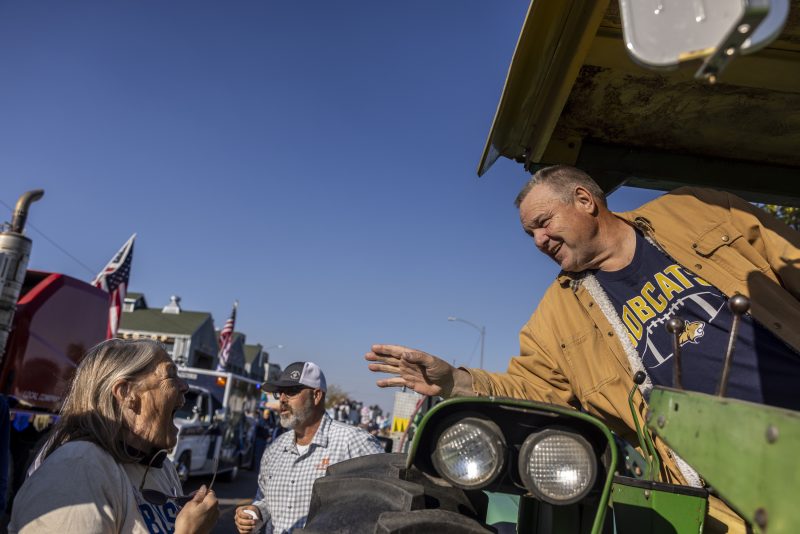In a pivotal and closely-watched Senate race in Montana, Democratic incumbent Senator Jon Tester is facing a tough reelection battle amidst shifting political dynamics in the state. Tester, who has been a prominent figure in Montana politics for over a decade, finds himself at the center of a campaign that could determine the control of the Senate.
One of the key factors influencing Tester’s appeal to Montana voters is his reputation as a pragmatic and independent-minded lawmaker. Throughout his time in office, Tester has cultivated an image of a politician who is willing to work across party lines to find solutions to the pressing issues facing his constituents. This approach has resonated with many Montanans, who value practicality and a willingness to set aside partisan differences in favor of achieving results.
Tester’s deep roots in Montana and his background as a farmer have also played a significant role in shaping his appeal to voters. He is seen as a candidate who understands the concerns and challenges facing rural communities, and his advocacy for issues such as agricultural policy and public lands conservation has earned him support from a wide range of constituents.
In contrast, Tester’s opponent in the race, Republican candidate Matt Rosendale, represents a more conservative and partisan approach to governance. With ties to national Republican figures and a record of advocating for policies that align with the GOP platform, Rosendale has positioned himself as a staunch conservative who will defend traditional values and push for a smaller government.
The battle between Tester and Rosendale is not just a contest between two individuals, but a reflection of broader trends in Montana politics. As the state undergoes demographic shifts and economic changes, voters are looking for leaders who can adapt to these new realities and address the challenges of a rapidly evolving society.
For Tester, the key to maintaining his appeal and securing reelection lies in his ability to connect with voters on a personal level and demonstrate a clear vision for the future of Montana. By emphasizing his record of bipartisan collaboration, his understanding of rural issues, and his commitment to representing all Montanans, Tester can make a compelling case for why he deserves another term in the Senate.
As the campaign heats up and election day draws near, all eyes will be on Montana to see how Tester’s appeal resonates with voters and whether he can secure victory in what promises to be a closely-contested race. The outcome of this election could have significant implications for the balance of power in the Senate and the future direction of Montana politics.
